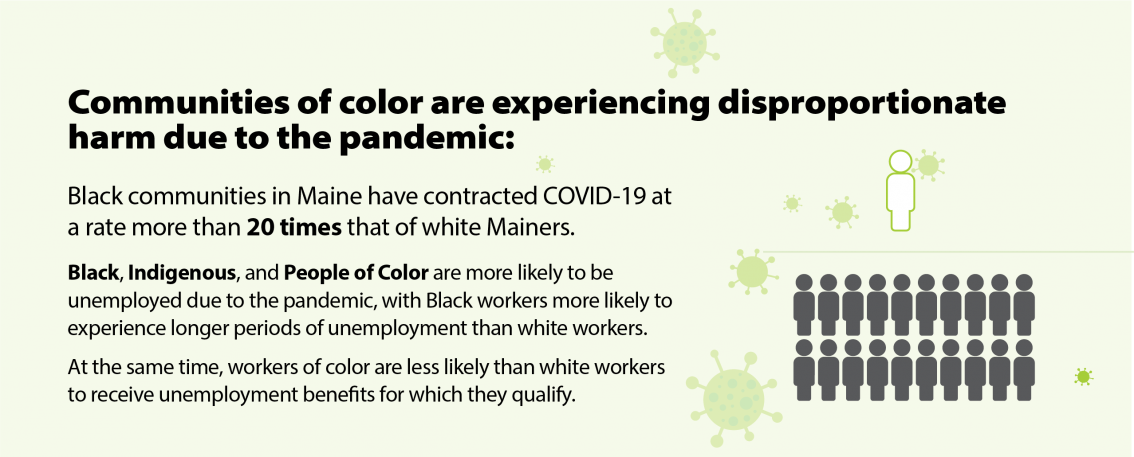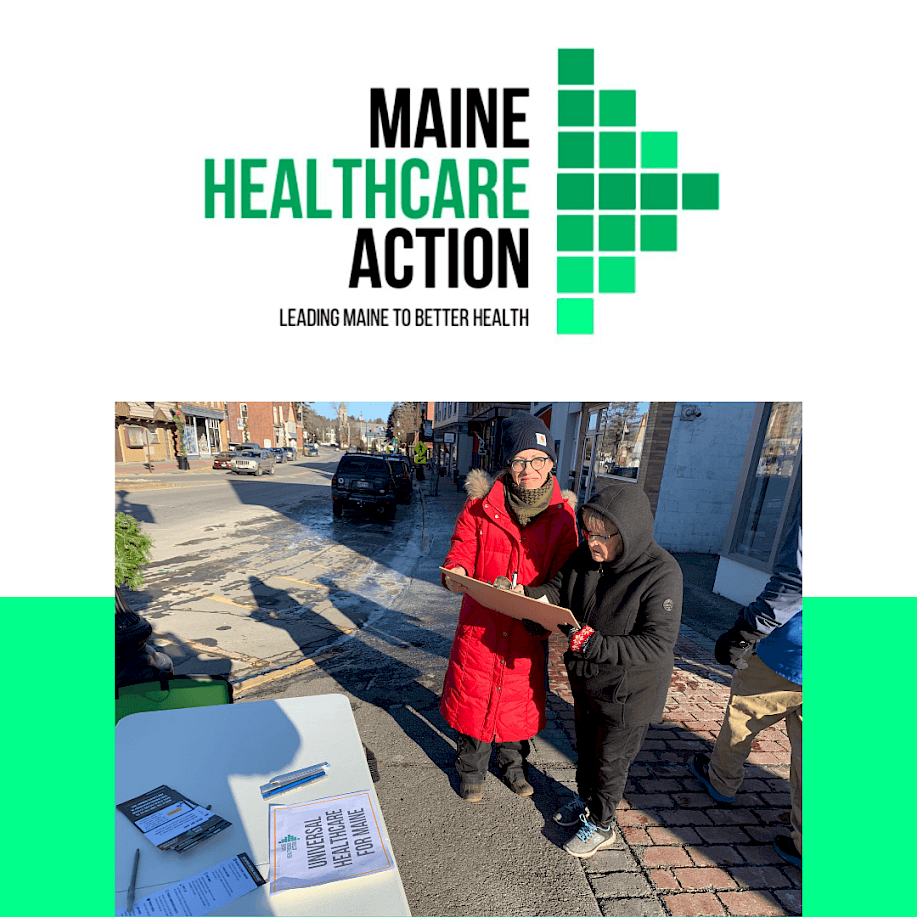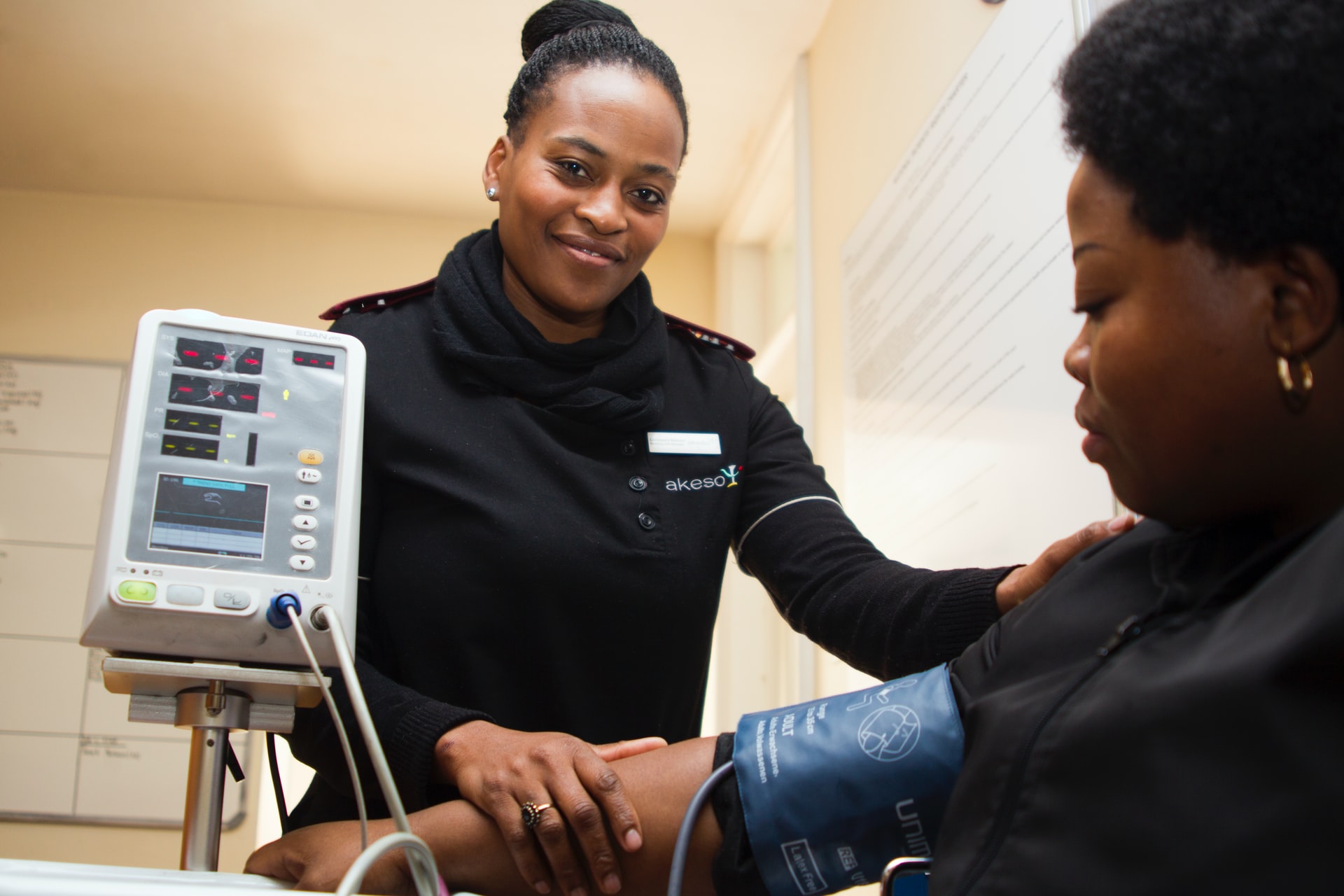Health Care
We all get sick. We all need access to health care at different times in our lives. As a universal need, access to health care should be publicly funded, available to all, and free at the point of service.

COVID-19 and its fallout have made clear why healthcare should not be contingent on employment. We are all safer and healthier when everyone can get the health care they need.
- Health care coverage must be universal—no one should be excluded due to their immigration status, race, ethnicity, gender or gender identity or expression, sexual orientation, age, identity, background, employment, finances, housing, health status, choice to use drugs, ability, disability, or geography. To be truly universal, coverage must include affordable access to medicines needed to restore health or mitigate the impact of chronic disease; and life-saving care must not be rationed based on ableist ideas of what makes one’s life worth preserving.
-
Our health care system must proactively work to reduce disparities for Black people, Latinx people, Indigenous people, and people of color. We must also address implicit biases related to race, gender, disability, language, body type, age, and LGBTQIA+ status. This requires additional education and training, accountability, and recruiting providers who reflect the diversity of backgrounds of all Maine people.

- Comprehensive health care should be person-centered and trauma-informed. It must include care for the whole person, including our mouths, eyes, and ears, reproductive health including the care needed to continue or terminate a pregnancy, and mental health, as well as care that affirms gender identity, supports substance use recovery and harm reduction, and provides long-term care.
- We must remove barriers to health care. Everyone needs to be able to access the care they need, whether that is through a healthcare provider visit or telehealth services. These services must be flexible and accommodate people’s ever changing needs and current ability to access them. To access that care, people need to have options for fully accessible transportation, reliable Internet, and computers and phones. State eligibility for health care for veterans must include all who served regardless of the length of their service or circumstances around their discharge. Full access to care must also be available to people who are incarcerated or who have had other involvement with the justice system.
- Care must be accessible for those who face literacy, language, vision, hearing, communication, and mobility challenges.
- Public health and prevention programs are a vital part of advancing equitable health care.
- Comprehensive health care must include access to adequate nutrition, safe housing, mental health treatment and support services, substance use treatment and harm reduction supports, the ability to maintain personal hygiene, and the ability to meet their basic needs, which may include the need for school, work, child care, technology for telehealth, and transportation to those locations or other services.
What you can do...

As we head into the second winter of a viral pandemic too many Maine people suffer because they lack access to essential and necessary healthcare. It is time to do something about it. With the deadline rapidly approaching (January 17th) volunteers across the state are gathering signatures to put universal health care on Maine's ballot for 2022. Together, we can achieve equal access to health care for every Maine resident. mainehealthcareaction.org
Health care coverage must be universal—no one should be excluded due to their immigration status.
In the middle of a pandemic and recession, it’s more clear than ever that our collective safety and our economic recovery are tied to each person’s ability to get the healthcare they need. Presente Maine, New Mainers Public Health Initiative, Maine Equal Justice, Consumers for Affordable Health Care, Maine Peoples’ Resource Center, Maine Center for Economic Policy, and impacted community members are driving an effort to ensure that all Maine residents with low income have access to Medicaid. In 2021, The Legislature passed a state budget that included coverage for people under 21 and pregnant people regardless of immigration status. This was a positive step forward, but many adults are still barred from coverage. The bill that seeks universal access for all Mainers regardless of immigration status (LD 718) was carried over to the 2022 legislative session.
If you would like to learn more or get involved please contact Kathy Kilrain del Rio at Maine Equal Justice at kkilraindelrio@mejp.org.
